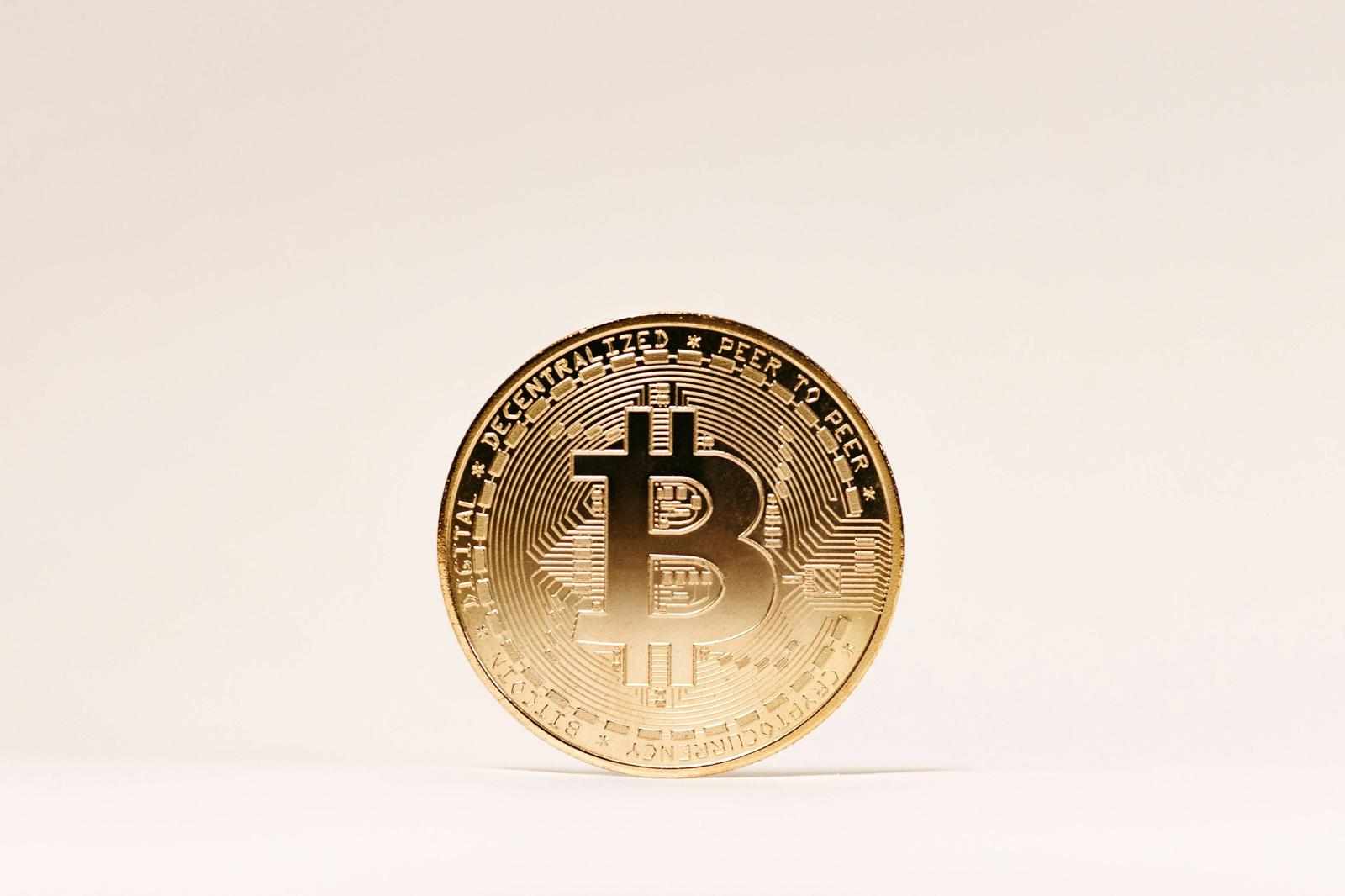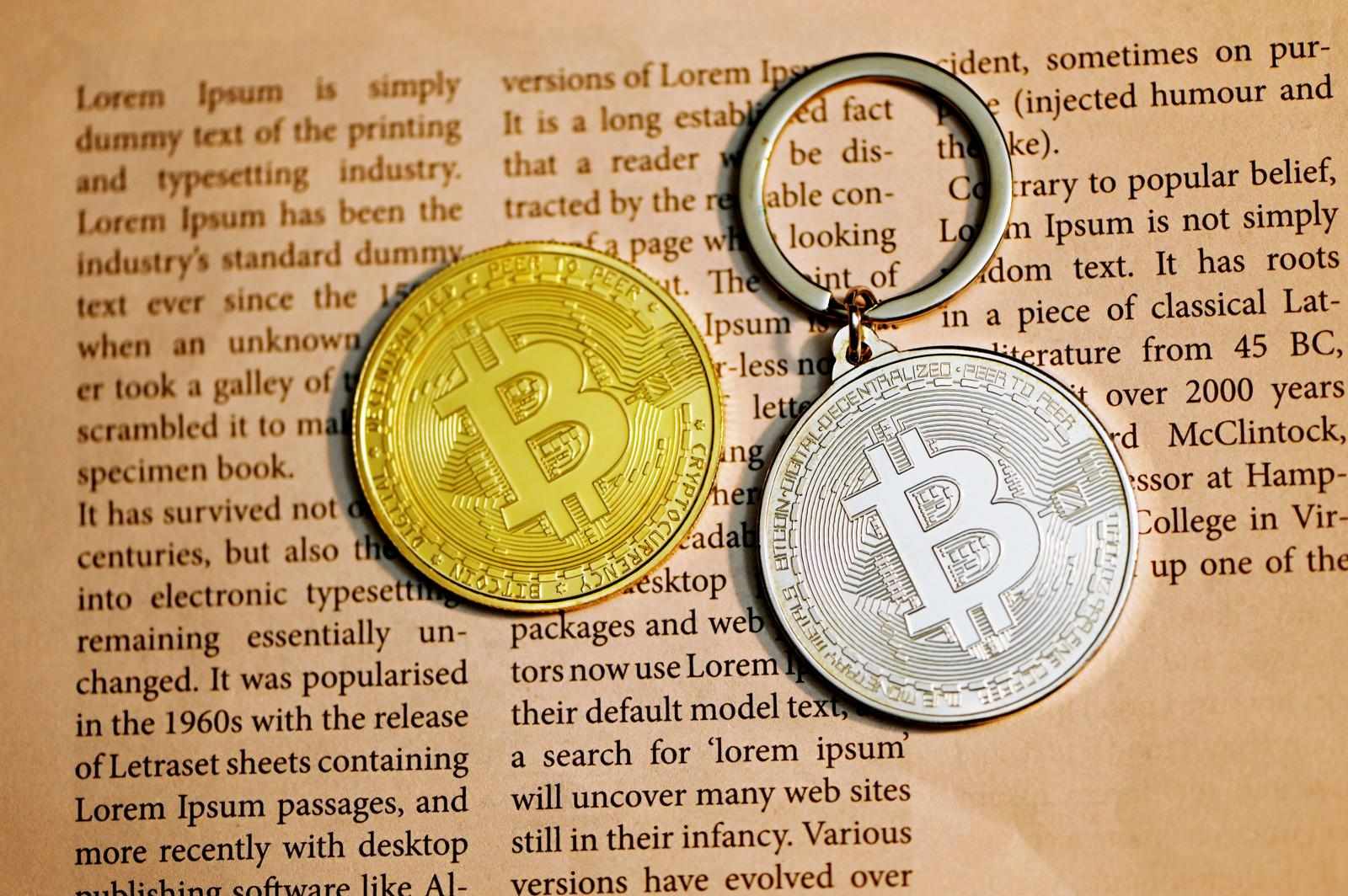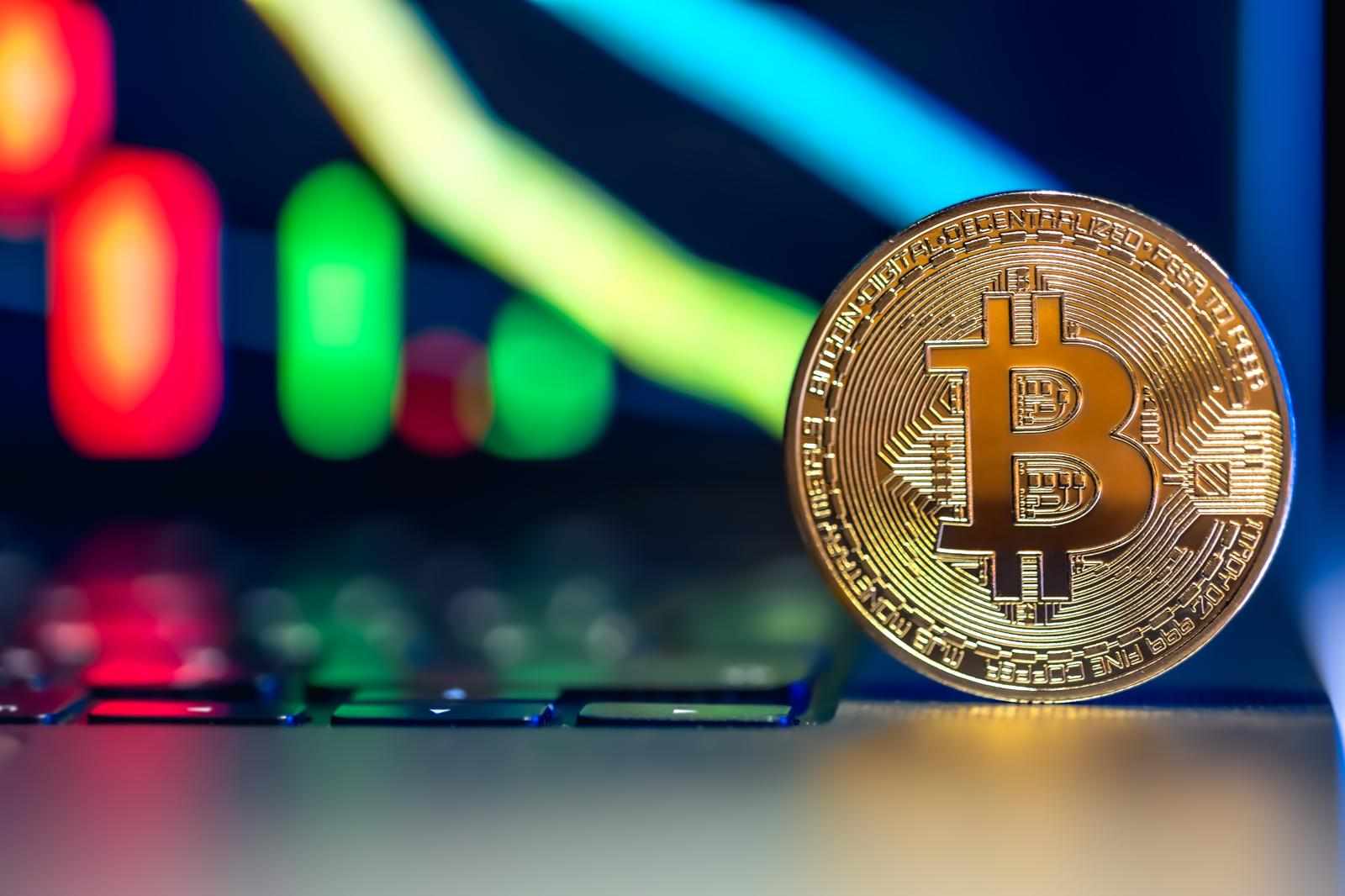
The emergence of blockchain technology has significantly reshaped the financial ecosystem, offering decentralized and borderless alternatives to traditional fundraising methods. Among the most transformative innovations are Initial Coin Offerings (ICOs) and token offerings, which enable blockchain-based startups and developers to raise capital directly from a global pool of investors. These models bypass legacy systems like banks or venture capital firms, allowing for a more inclusive and democratized investment landscape.
At the core of this process lies the essential infrastructure provided by cryptocurrency exchanges. These platforms act as bridges between blockchain projects and investors, offering the necessary liquidity, visibility, and accessibility for tokens to gain traction. With the rapid expansion in Cryptocurrency Exchange Development, exchanges have evolved to not only support the post-ICO trading environment but also play a pivotal role during the ICO and token offering stages.
Understanding ICOs and Token Offerings
Before diving into the role of exchanges, it's important to understand the nature of ICOs. An ICO is a blockchain-based fundraising mechanism where a company issues digital tokens in exchange for cryptocurrencies like Bitcoin or Ethereum. These tokens may serve a utility purpose within the ecosystem or represent a stake in the project. Similarly, token offerings—such as STOs (Security Token Offerings), IEOs (Initial Exchange Offerings), and IDOs (Initial DEX Offerings)—are variations that add regulatory or technical improvements over the basic ICO structure.
The process involves project development, whitepaper publication, community building, and ultimately, token distribution. But even the most promising project can falter without the proper channel to reach investors, and this is where crypto exchanges come into play.
Pre-Launch: Due Diligence and Strategic Positioning
Crypto exchanges today are no longer passive platforms that simply list tokens. They engage with projects from the very beginning, conducting thorough due diligence to ensure the legitimacy and viability of a token before offering it to their user base. This vetting process builds investor confidence and protects the exchange’s reputation.
Many centralized exchanges provide IEO launchpads, dedicated platforms where vetted projects can launch their token sales. These launchpads offer a secure and simplified gateway for users to participate in ICOs directly through the exchange interface. Some well-known examples include Binance Launchpad and KuCoin Spotlight, which have significantly contributed to the mainstream adoption of ICOs.
From a strategic perspective, being accepted onto a reputable exchange launchpad can significantly boost a project’s visibility. Exchanges promote these offerings through email campaigns, social media marketing, and featured listings, enabling startups to tap into a global community of crypto investors.
Token Distribution and Smart Contract Integration
The technical infrastructure required for ICOs is often complex, involving smart contracts, wallets, and distribution mechanisms. Exchanges simplify this process for both issuers and investors. They provide ready-made systems for KYC/AML verification, secure token custody, and automated distribution of tokens once the sale concludes.
This level of automation not only minimizes risks such as human error or fraud but also ensures compliance with international financial regulations. With advanced Cryptocurrency Exchange Development tools, many modern exchanges are equipped to support multi-chain token offerings, allowing projects to issue tokens on Ethereum, Binance Smart Chain, Solana, and more.
The integration of smart contracts ensures that token issuance and vesting schedules follow predefined logic, building further trust in the process. Investors can participate with confidence, knowing that their tokens will be distributed transparently according to the agreed-upon terms.
Post-Launch: Market Access and Liquidity
Once the ICO concludes, the next phase is perhaps the most critical for the long-term success of the project: token trading. An illiquid token—no matter how innovative the project behind it—can rapidly lose investor interest and utility. Crypto exchanges ensure that newly launched tokens gain immediate access to secondary markets, allowing early supporters to trade, sell, or hold their assets.
Listing on a popular exchange significantly enhances a token’s marketability. It exposes the asset to millions of active traders and sets the stage for price discovery based on market demand and supply. Furthermore, exchanges often provide initial liquidity support, pairing the token with major cryptocurrencies like USDT, ETH, or BTC.
The availability of advanced trading tools, such as order books, limit orders, and liquidity pools, allows tokens to integrate seamlessly into the broader crypto economy. This step is crucial for tokens to gain real-world utility, especially in decentralized finance (DeFi) or gaming ecosystems.
Building Investor Confidence and Regulatory Support
One of the biggest challenges facing ICOs is regulatory scrutiny. Many countries have imposed strict rules on fundraising via digital assets due to concerns about fraud, scams, and lack of investor protections. Exchanges are stepping up by implementing strict compliance protocols and aligning their operations with global regulatory frameworks.
Most top-tier exchanges conduct KYC (Know Your Customer) and AML (Anti-Money Laundering) checks on both the projects and their investors. They also collaborate with legal advisors to structure token offerings in a compliant manner, whether they’re categorized as utility tokens or security tokens.
Through this layer of oversight, exchanges have become not just marketplaces but also compliance partners—ensuring that token issuers can navigate the complex legal landscape without fear of enforcement actions. This boosts investor trust, knowing that the exchange stands behind the legitimacy of the offering.
Future Innovations: Decentralized Launch Platforms
The rise of Decentralized Exchanges (DEXs) and launchpads such as Polkastarter, DAO Maker, and TrustSwap is revolutionizing how token offerings are conducted. These platforms offer fully decentralized fundraising opportunities without intermediaries. However, even in decentralized environments, the role of the exchange remains vital.
They offer critical liquidity pools, smart contract integration, and community governance mechanisms that ensure a fair and transparent fundraising process. In the coming years, hybrid models that combine the regulatory oversight of CEXs with the decentralization of DEXs are expected to dominate the token offering landscape.
Conclusion
In the ever-evolving blockchain space, the importance of crypto exchanges in the ICO and token offering process cannot be overstated. They provide the technical, financial, and regulatory backbone needed to take a project from concept to global visibility. From early-stage marketing and smart contract deployment to token distribution and post-launch liquidity, exchanges play an indispensable role at every stage of the journey.
As the demand for reliable and scalable exchange platforms continues to grow, businesses looking to launch their own tokens or develop exchange ecosystems must rely on experienced partners. A trusted Crypto Exchange Development Company can deliver customized, secure, and compliant exchange infrastructure tailored to modern token economies.
WisewayTec, a leading name in Cryptocurrency Exchange Development, offers end-to-end solutions for token listings, ICO integration, liquidity management, and security frameworks. With deep industry knowledge and advanced blockchain capabilities, WisewayTec empowers innovators to bring their token visions to life on a global stage.






Write a comment ...